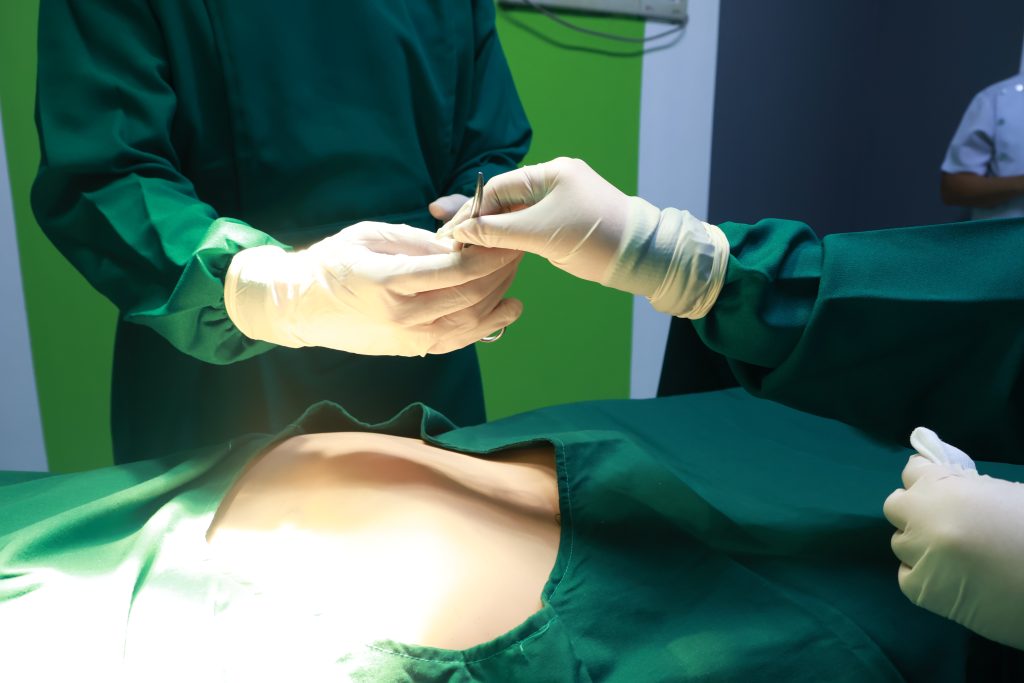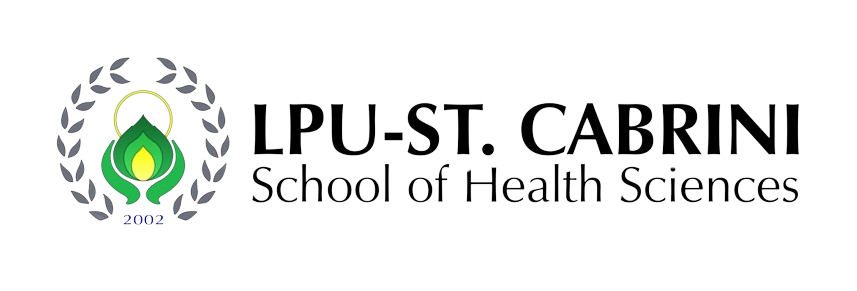College of Medicine

Course Overview
The four-year LSC College of Medicine program is designed to train future physicians through a blend of basic sciences and clinical practice. The first two years focus on foundational theoretical knowledge, while the third and fourth years involved hands-on clinical experiences, including both simulated and real scenarios. The curiiculum emphasizes not only biomedical sciences but also holistic student development to ensure effective and compassionate medical practice. The goal is to produce licensed general practitioners who uphold high moral and professional standards. With a student-centered experiences align with the ultimate aim of developing patient-centered physicians.
Career Options
- Academician
- Clinical Optometrist/Consultant
- Industrial Optometrist
- Orthoptist
- Private Practicing Optometrist
- Researcher
Program Educational Objectives
Three to five years after graduation, the LSC Doctor of Medicine graduates shall be:
- Engaging in high-quality and compassionate general medical practice in various healthcare settings such as local government units, schools, companies, and the community.
- Practicing with high level of expertise as specialist physicians in local or international settings.
- Performing leadership roles in managing healthcare institutions both in the private and government sectors.
- Inspiring, motivating and guiding the next generation of medical and other health professions students as teachers and mentors.
- Conducting research not only to improve our knowledge of healing but also on other aspects such as Patient Safety, Health Economics, Health Informatics, and Medical Education.
Student Outcomes
- Demonstrate clinical competence
- Communicate effectively
- Lead and manage healthcare teams
- Engage in research activities
- Collaborate within interprofessional teams
- Utilize systems-based approach to healthcare
- Engage in continuing professional and personal development
- Adherence to ethical, professional and personal development
- Demonstrate nationalism, internationalism, and dedication to service
- Practice the principles of social accountability
G – Generalist (competent general medical practitioner)
E – Empathy (understanding and shows compassion to patients)
N – Nurturing (promotes health of individuals and the community; promotes and nurtures national heritage; accepts cultural diversity)
T – Team player (a respectful collborator in rendering safe and quality healthcare)
L – Lifelong learner (committed to continuing personal and professional development; engages in research activities)
E – Ethical (adheres to moral, professional and legal standards)
